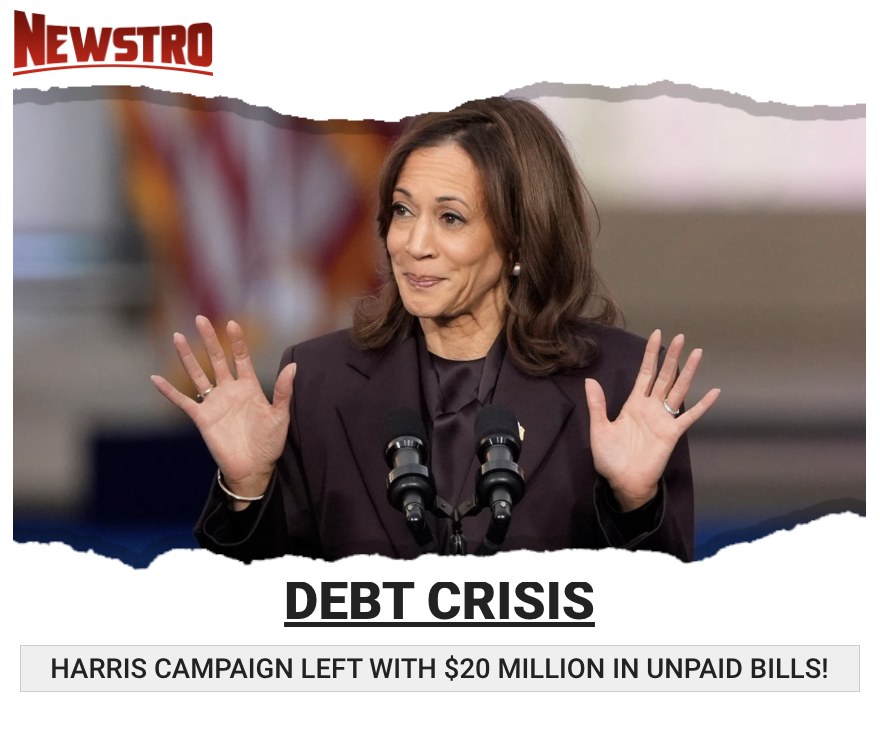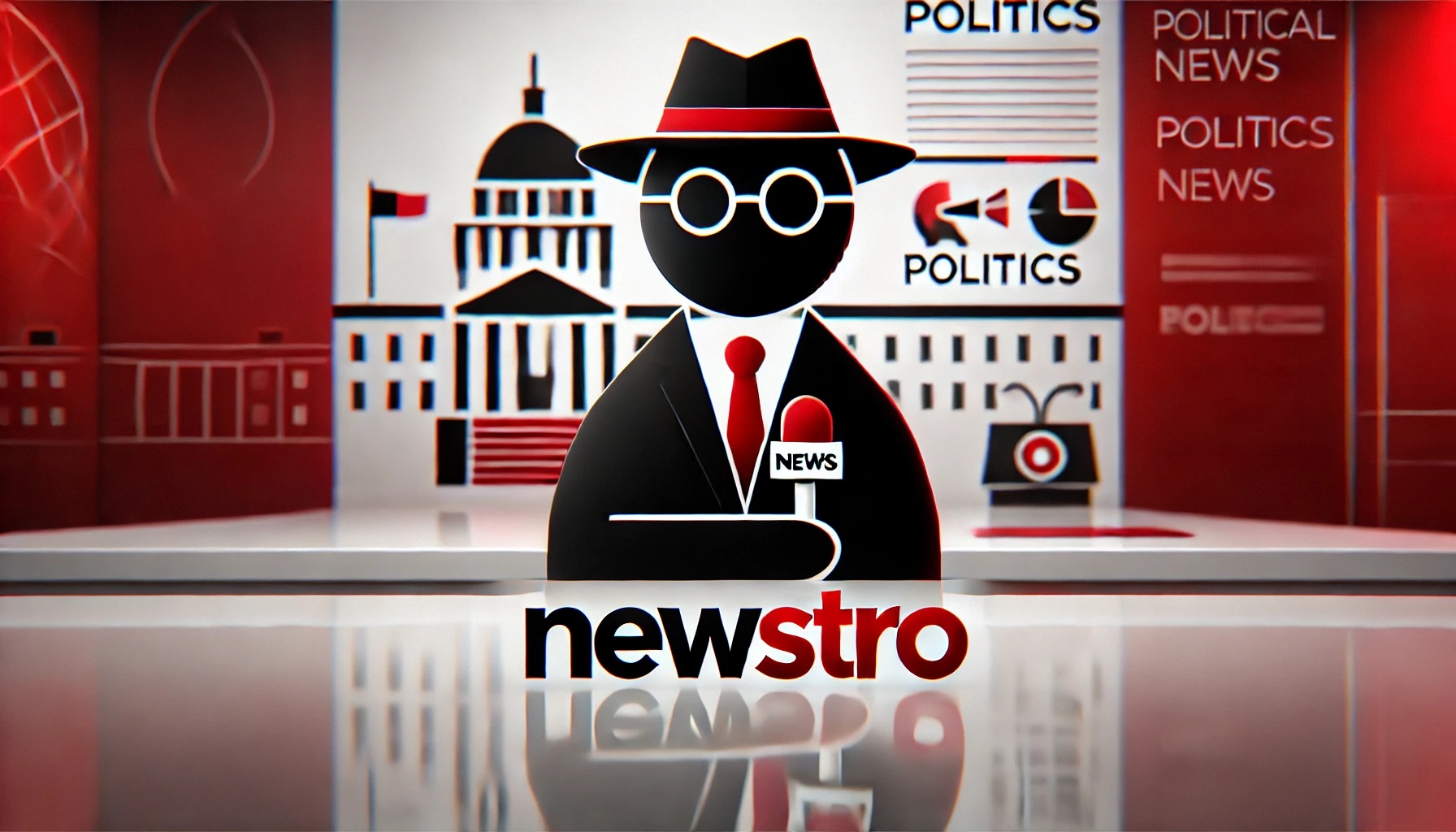In a recent reaffirmation, the White House has steadfastly maintained President Biden’s position of not granting a pardon to his son, Hunter Biden, in the face of his ongoing legal proceedings. This declaration comes amid the surfacing of new tax crime charges against the younger Biden.
Quick Facts
- New Legal Challenges for Hunter Biden: Recently, Hunter Biden has been indicted with three felony tax charges related to tax evasion and filing a false return, in addition to six misdemeanor charges for failure to pay taxes between 2016 and 2019.
- White House’s Firm Stance: The White House, through press secretary Karine Jean-Pierre, has reiterated President Biden’s firm commitment not to pardon his son, emphasizing that the president’s position remains unchanged despite these new allegations.
- Ongoing Investigations: Apart from the current charges, Hunter Biden is also under investigation for alleged tax misconduct following a disintegrated plea deal earlier this year, adding complexity to his legal situation.
The recent developments in Hunter Biden’s legal affairs have prompted the White House to restate President Biden’s decision against pardoning his son. This scenario has unfolded against the backdrop of Hunter facing both felony and misdemeanor charges, marking his second indictment by special counsel David Weiss. The White House’s response, particularly from press secretary Karine Jean-Pierre, underscores the administration’s unwavering stance on this matter, despite the evolving legal challenges.
Hunter Biden’s legal troubles, involving a range of serious charges, have put him at the center of a contentious political and legal debate. The situation is further complicated by ongoing investigations into his tax affairs, as well as discussions around the transparency of the legal proceedings. The unfolding events paint a complex picture of the challenges faced by the president’s son, entangled in legal issues that have drawn national attention.
The recent indictment brings to light various aspects of Hunter Biden’s legal situation, involving both the nature of the charges and the responses from the White House and other political figures. This scenario has significant implications, not just for Hunter Biden, but also for the Biden administration, as it navigates the complexities of these legal battles amidst the broader political landscape.
| For Further Reading |
In the context of Hunter Biden’s legal situation, the concept of “Pardons in the United States” becomes highly relevant. A presidential pardon in the United States is a legal instrument that allows the President to forgive a person for a federal crime, thereby absolving them of the legal consequences. This power, outlined in Article II, Section 2, Clause 1 of the U.S. Constitution, has been a topic of significant debate and interest, especially in cases involving high-profile individuals. The use of this power can have far-reaching implications, both legally and politically. For more information, visit the Wikipedia article on Pardons in the United States. |
Q&A
What charges is Hunter Biden currently facing?
Hunter Biden is currently facing three felony tax charges related to tax evasion and filing a false return, and six misdemeanor charges for failure to pay taxes between 2016 and 2019.
Has President Biden indicated any intention to pardon his son?
No, President Biden, through the White House’s statements, has consistently maintained that he has no intention of pardoning his son Hunter Biden amid these legal challenges.
What are the potential consequences if Hunter Biden is convicted?
If convicted, Hunter Biden faces up to 17 years in prison, combining the sentences for the felony and misdemeanor charges.
Original Article Source: The Hill
Biden Administration’s Firm Stance on Hunter Biden’s Legal Case
In a significant development, the White House has firmly reiterated President Joe Biden’s decision not to pardon his son, Hunter Biden, in case of a conviction. This stance remains unchanged despite new tax crime charges against Hunter Biden, signaling the administration’s commitment to legal principles over familial bonds.
Notable Quotes
“Nothing has changed,” – Karine Jean-Pierre, White House Press Secretary. This statement was made during a press conference aboard Air Force One, emphasizing the unchanged stance of President Biden amidst new charges against his son.
“He loves his son and supports him as he continues to rebuild his life,” – Karine Jean-Pierre. This quote reflects the personal support of President Biden for his son, Hunter, in the face of ongoing legal challenges, highlighting the balance between parental support and legal integrity.
The quotes from White House Press Secretary Karine Jean-Pierre underscore the Biden Administration’s position on Hunter Biden’s legal troubles. Despite being a close family matter, the White House maintains a clear distinction between personal support and legal proceedings, adhering to the principle of law.
Further Developments in Hunter Biden’s Legal Challenges
The recent developments in the legal battles of Hunter Biden have continued to garner significant attention. With new tax crime charges brought against him in California, President Joe Biden has reaffirmed his stance that he will not pardon his son if he is convicted. This scenario has added complexity to the already intricate legal situation surrounding Hunter Biden.
Who’s Involved
- President Joe Biden
- Hunter Biden
- Karine Jean-Pierre
President Joe Biden: As the 46th President of the United States, Joe Biden has been in the spotlight for his policy decisions and his family matters, including the legal issues of his son, Hunter Biden. His presidency has seen various challenges, including the current situation with his son’s legal battles.
Hunter Biden: The son of President Joe Biden, Hunter has been in the public eye for various reasons, including his business dealings and personal struggles. Recently, he has been facing legal challenges, including tax crime charges, which have led to a public debate on the role of family members in political spheres.
Karine Jean-Pierre: As the White House Press Secretary, Karine Jean-Pierre has been managing communications regarding Hunter Biden’s legal issues. Her role involves addressing the media and public queries about the stance of the White House on these matters.
| What is Next |
- Scenario 1: Further legal developments could unfold, potentially leading to a trial or settlement regarding Hunter Biden’s charges.
- Scenario 2: Political ramifications could be seen, affecting President Biden’s administration and public opinion.
- Scenario 3: Hunter Biden could engage in a more public defense, potentially leading to new revelations or insights into the case.
|


